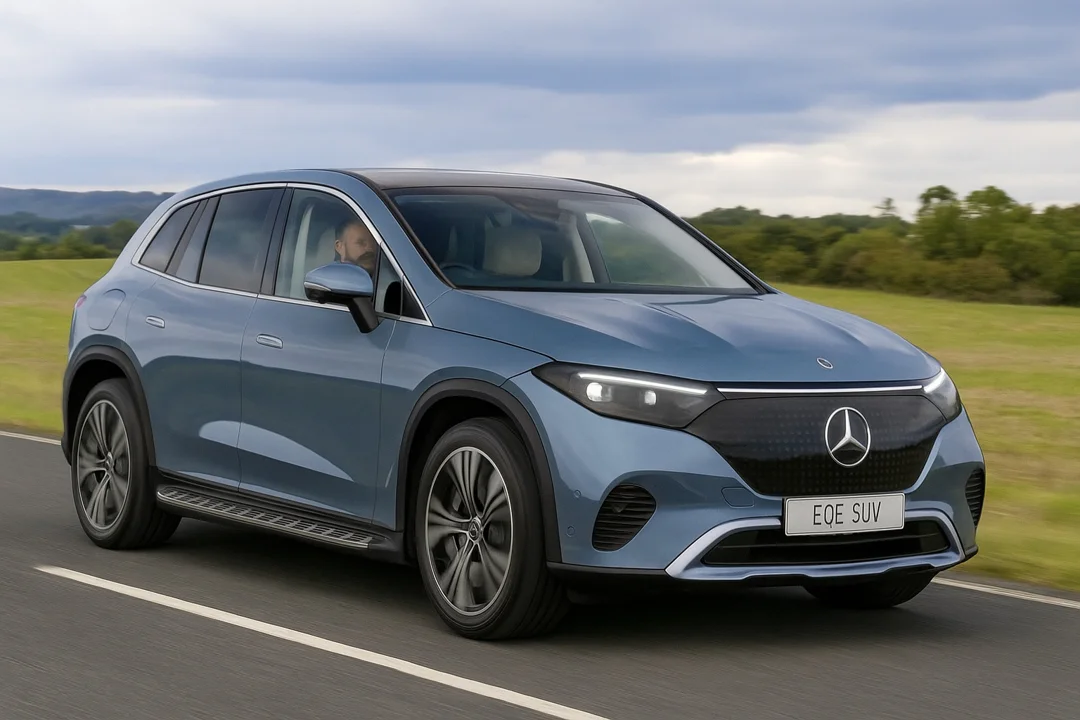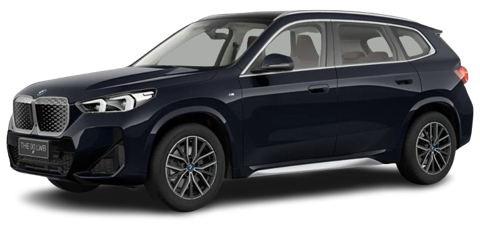What is the mileage of Mercedes-Benz EQE SUV?
The Mercedes-Benz EQE SUV offers different mileage figures depending on the fuel type and transmission. The manual petrol variant delivers up to 0 km/l, while the automatic petrol variant offers up to 0 km/l.


















